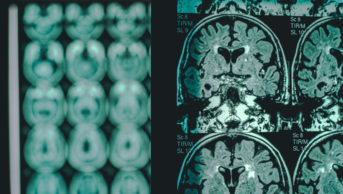
Phanie / Alamy
Crohn’s disease is associated with high levels of SMAD7, a molecule that inhibits TGF-β1 signalling, and therefore SMAD7 has been evaluated as a potential therapeutic target. Results from a phase II trial involving mongersen (GED-0301), an oral SMAD7 antisense oligonucleotide, published in The
New England Journal of Medicine
[1]
(2015;372(12):1104–1113), are promising.
A total of 166 patients with active Crohn’s disease were randomly assigned to take mongersen (GED-0301) or placebo once daily for two weeks. At day 15, 55–65% of patients given mongersen had achieved clinical remission versus 10% in the placebo group. Most adverse events were disease-related rather than treatment-related, according to the researchers.
Mongersen, which is being developed by Celgene, will now be evaluated in a phase III trial.
References
[1] Monteleone G, Neurath MF, Ardizzone S et al. Mongersen, an oral SMAD7 antisense oligonucleotide, and Crohn’s disease. New England Journal of Medicine 2015;372(12):1104–1113. doi:10.1056/NEJMoa1407250.


